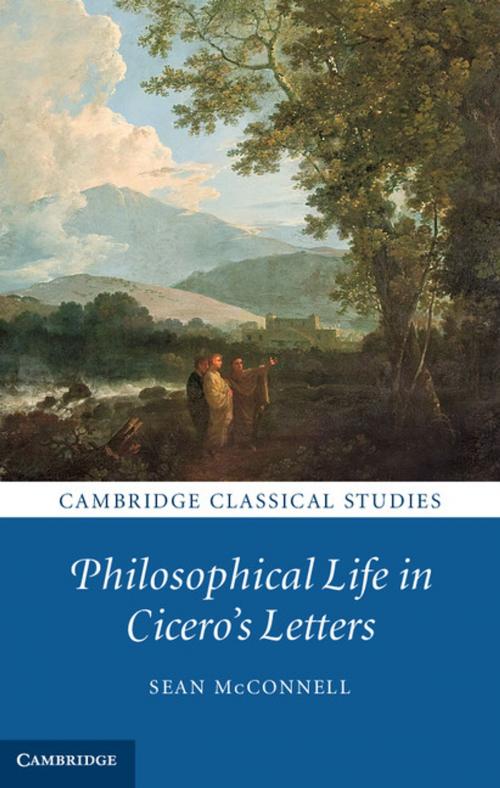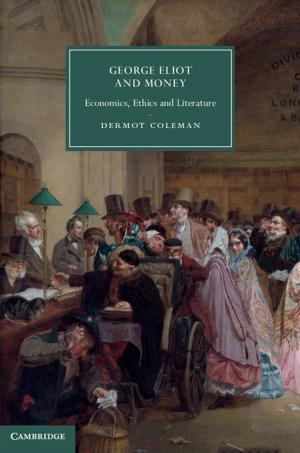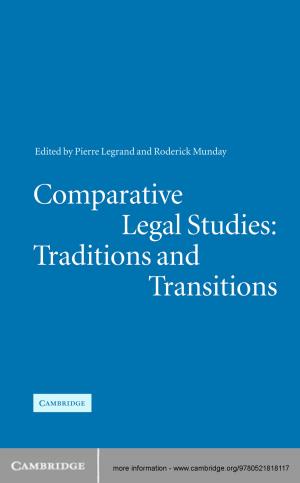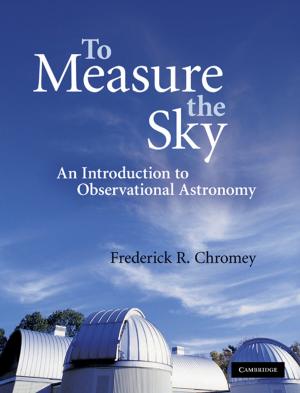Philosophical Life in Cicero's Letters
Nonfiction, Religion & Spirituality, Philosophy, Ancient, History| Author: | Sean McConnell | ISBN: | 9781139905022 |
| Publisher: | Cambridge University Press | Publication: | April 3, 2014 |
| Imprint: | Cambridge University Press | Language: | English |
| Author: | Sean McConnell |
| ISBN: | 9781139905022 |
| Publisher: | Cambridge University Press |
| Publication: | April 3, 2014 |
| Imprint: | Cambridge University Press |
| Language: | English |
Cicero's letters are saturated with learned philosophical allusions and arguments. This innovative study shows just how fundamental these are for understanding Cicero's philosophical activities and for explaining the enduring interest of his ethical and political thought. Dr McConnell draws particular attention to Cicero's treatment of Plato's Seventh Letter and his views on the relationship between philosophy and politics. He also illustrates the various ways in which Cicero finds philosophy an appealing and effective mode of self-presentation and a congenial, pointed medium for talking to his peers about ethical and political concerns. The book offers a range of fresh insights into the impressive scope and sophistication of Cicero's epistolary and philosophical practice and the vibrancy of the philosophical environment of the first century BC. A new picture emerges of Cicero the philosopher and philosophy's place in Roman political culture.
Cicero's letters are saturated with learned philosophical allusions and arguments. This innovative study shows just how fundamental these are for understanding Cicero's philosophical activities and for explaining the enduring interest of his ethical and political thought. Dr McConnell draws particular attention to Cicero's treatment of Plato's Seventh Letter and his views on the relationship between philosophy and politics. He also illustrates the various ways in which Cicero finds philosophy an appealing and effective mode of self-presentation and a congenial, pointed medium for talking to his peers about ethical and political concerns. The book offers a range of fresh insights into the impressive scope and sophistication of Cicero's epistolary and philosophical practice and the vibrancy of the philosophical environment of the first century BC. A new picture emerges of Cicero the philosopher and philosophy's place in Roman political culture.















